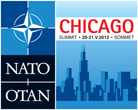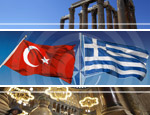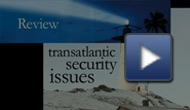Read more: NATO, military, NATO summit, operations and missions, Alliance, Missile defence, Smart Defence
New to NATO Review?
Read more:

quotes
Barack Obama
US Senator, 2006
"If we aren't willing to pay a price for our values, if we aren't willing to make some sacrifices in order
to realise them, then we should ask ourselves whether we truly believe in them at all."
























